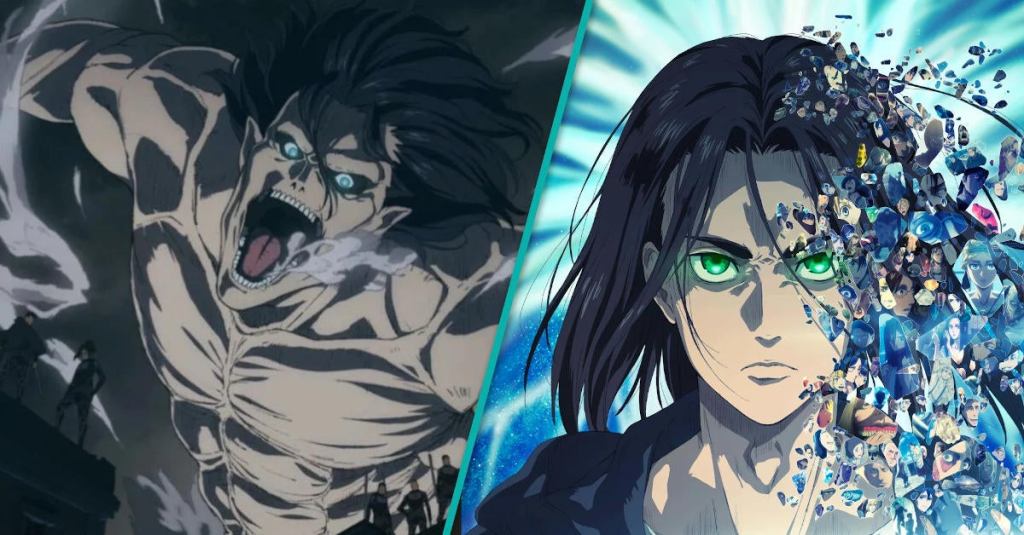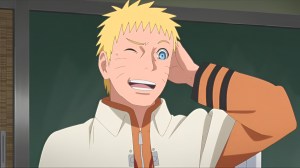Attack on Titan creator Hajime Isayama is opening up and addressing the “worst parts” and inspirations for his controversial main character Eren Yeager. did in an interview with a French outlet, in which he made some pretty direct and candid reveals about who and what Eren represents as a character.
Videos by ComicBook.com
In loose translation (via @AttackonFans), Isayama basically claims that Eren Yeager “is a character that reflects the worst parts of him, and this is a story about getting rid of the worst parts of him.”
That’s a pretty deep admittance from Isayama – not to mention a slightly risky one. We will offer NO SPOILERS about the finale of the series (which is about to debut in anime form in 2023), but even where things stand now with the manga ended and the anime at its final arc, Eren has every right to be called a “complicated” character at best, and a totally failed and/or corrupted protagonist, at worst.
Attack on Titan’s Eren Yeager Controversy Explained

Attack on Titan has Eren begin as a somewhat idealistic (if not traumatized) young boy, living behind the walls of Paradis Island and the constant horror threat of ravenous giants (Titans) attacking and eating people. However, the twist halfway through the series comes with a time jump where Eren reaches a mature age, and takes on a very different stance on the world, as he gains the power and insight of the Special Titans. Suddenly, a plot to betray friends, family, wage brutal, bloody, guerilla warfare, and unleash a Titan Apocalypse (The Rumbling) on the world all seemed like an A-Ok idea.
The Attack on Titan fandom, scholars (historians, philosophers, social anaylsts) and casual viewers alike have all debated what Eren’s character arc (and subsequently the larger thematic messaging of AoT) represents. That debate has certainly gone to some intense places, with Isayama at times being outright being accussed of furthering ideology that bends too close to fascist or extremist views on de-population or prejudicial conflict between peoples. That said, there are just as many fans who believe Attack on Titan’s creator has done a masterful job weighing the philoshy of violence (and how it begets violence) echoing across generations and shores, and that the series simply reflects real horrors from history or our disastrous near-future (like Nazis and the dawn of the atomic age).
Still, Isayama re-iterated that “right after finishing the manga he felt a bit bad, but he did the best and he is satisfied about it.” And he continues to echo the same point of view and conviction about why he took Eren in the direction he did. So he is good with the end result: now we will see if the rest of the world feels the same way, when Attack on Titan’s Final Season – Part III finally debuts.
Attack on Titan can be streamed on Crunchyroll and Hulu.








